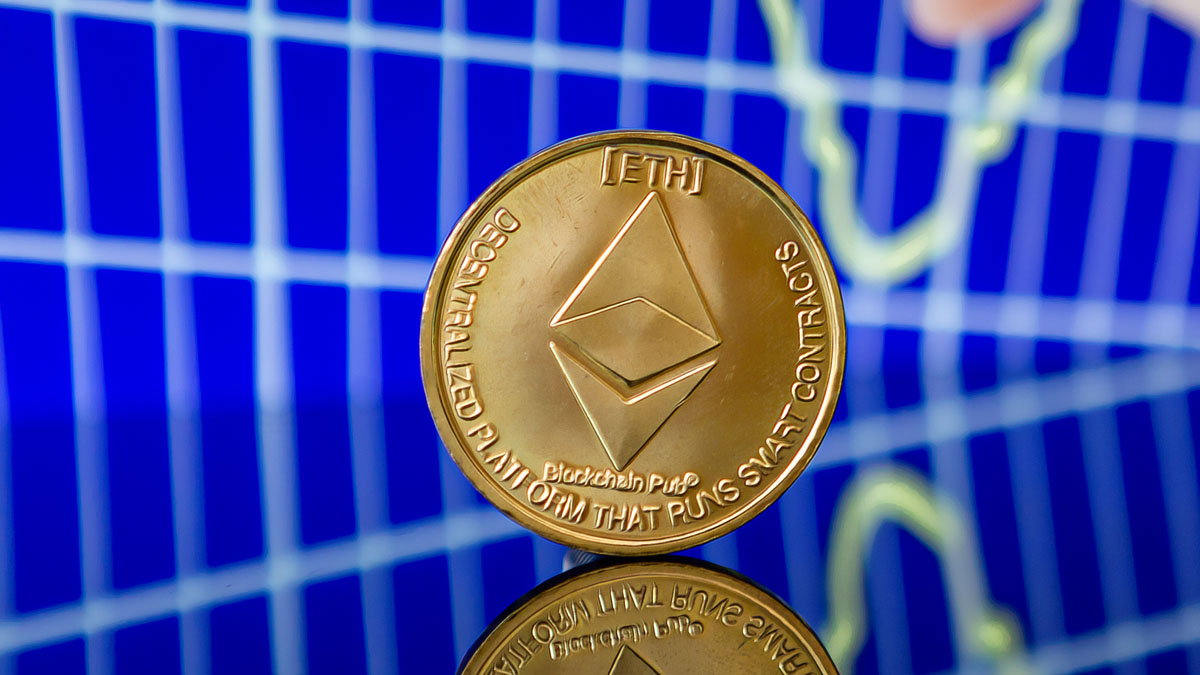The Ethereum network, spearheaded by co-founder Vitalik Buterin, is confronting major scalability hurdles. In response, it has introduced a pivotal update known as “Surge.” This initiative seeks to elevate Ethereum’s transaction capabilities to an impressive 100,000 transactions per second (TPS). It incorporates innovations designed to uphold vital features such as decentralization and security while resolving scalability challenges, ultimately improving the efficiency of the network and increasing interoperability between Layer 1 (L1) and Layer 2 (L2) solutions.
What Does the Surge Update Entail?
Surge’s scalability strategy hinges on two core components: Layer 2 rollups and sharding. Rollups gather transaction data from Ethereum’s main blockchain (Layer 1) and submit validations only to this layer, while sharding enhances transaction capacity by dividing the blockchain so that individual nodes are not required to validate every transaction.
How Will Surge Improve Interoperability?
The Surge update not only focuses on scalability but also aims to foster interoperability among Layer 2 solutions. By leveraging Ethereum’s security framework, these solutions will enjoy increased capacity. Nevertheless, potential compatibility issues among them could present a fragmented ecosystem. Surge’s objective is to ensure seamless operation of all Layer 2s together, creating a unified Ethereum experience.
Key points from the Surge update include:
- Targeting 100,000 TPS to enhance transaction efficiency.
- Maintaining security on Layer 1 while offloading transactions to Layer 2.
- Promoting interoperability among Layer 2 solutions to avoid fragmentation.
- Positioning Ethereum for sustained leadership in decentralized finance and other applications.
The Surge update marks a significant stride in advancing Ethereum’s scalability while preserving its secure and decentralized nature. These developments are crucial for the network’s ongoing appeal to a wider audience, solidifying its key role across various sectors, including decentralized finance (DeFi) and cryptocurrency transactions.












